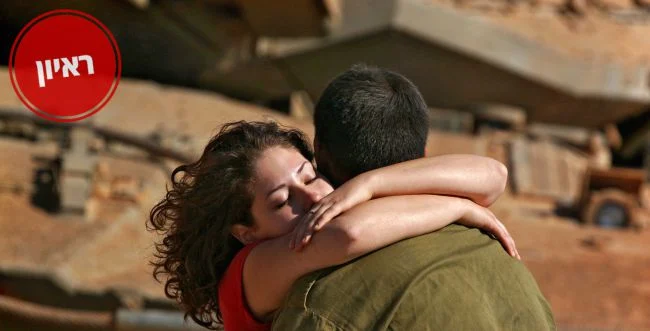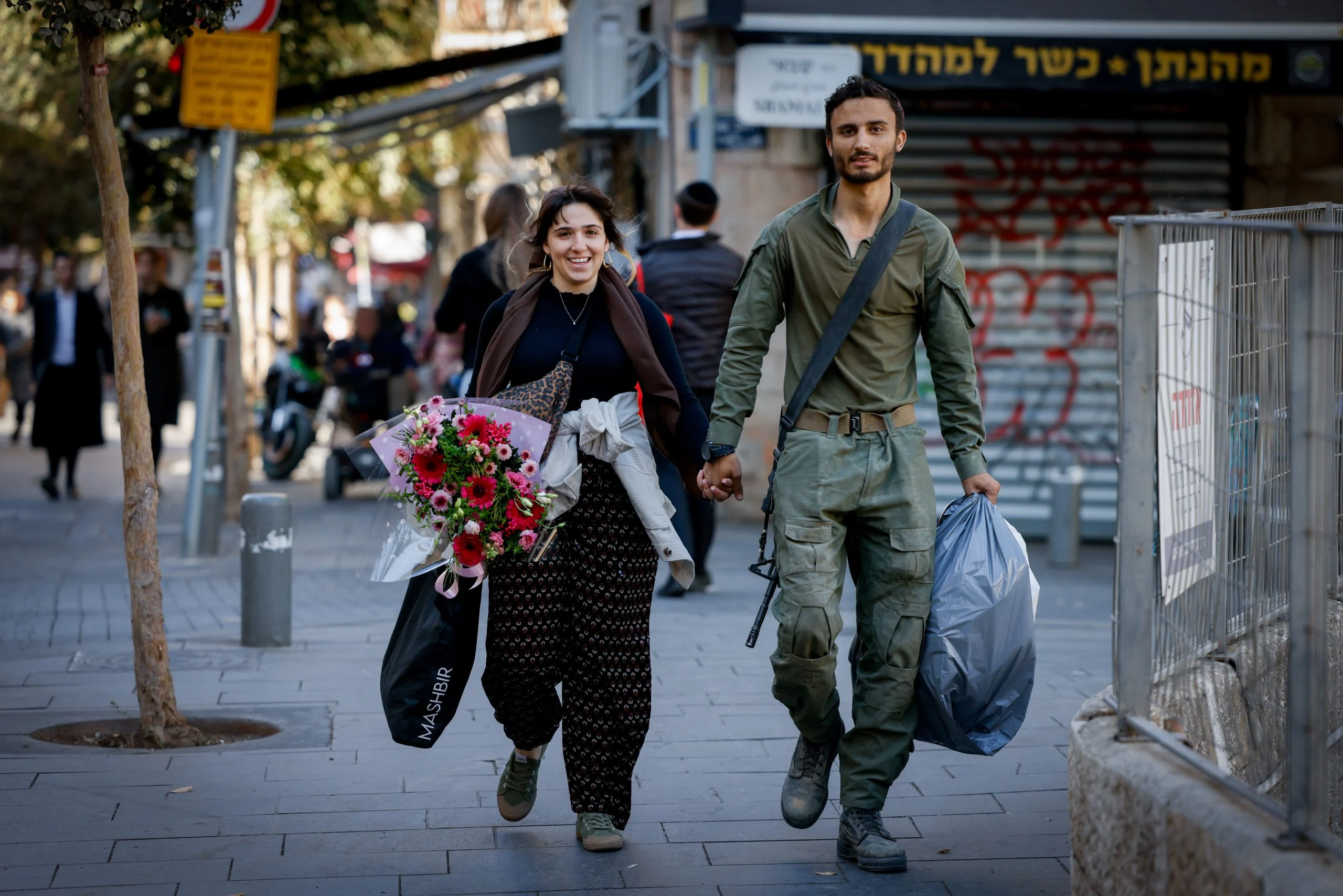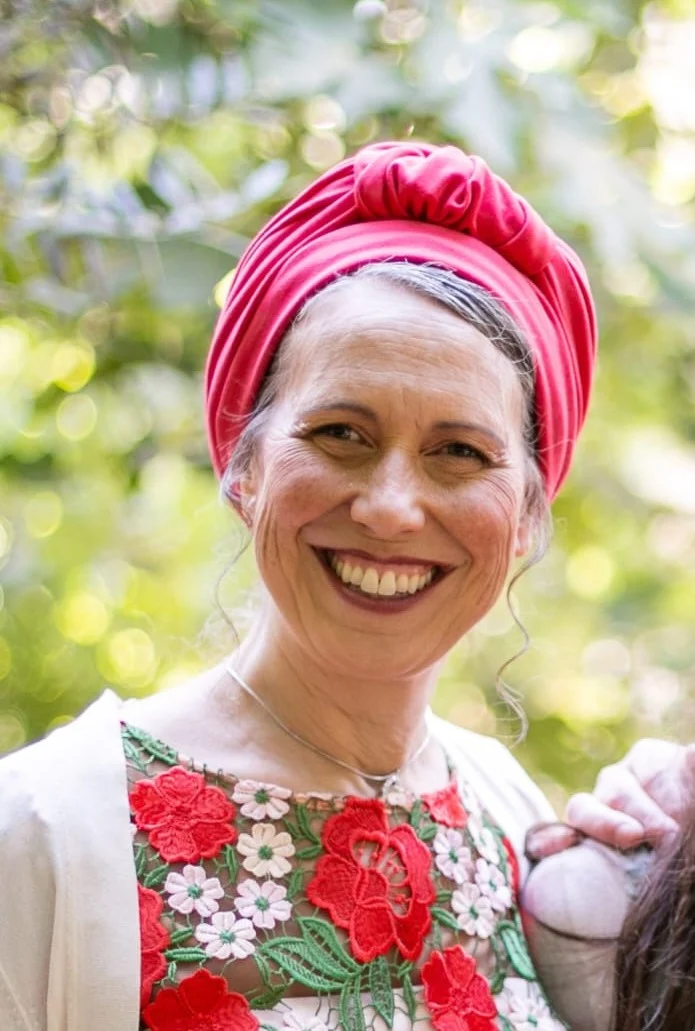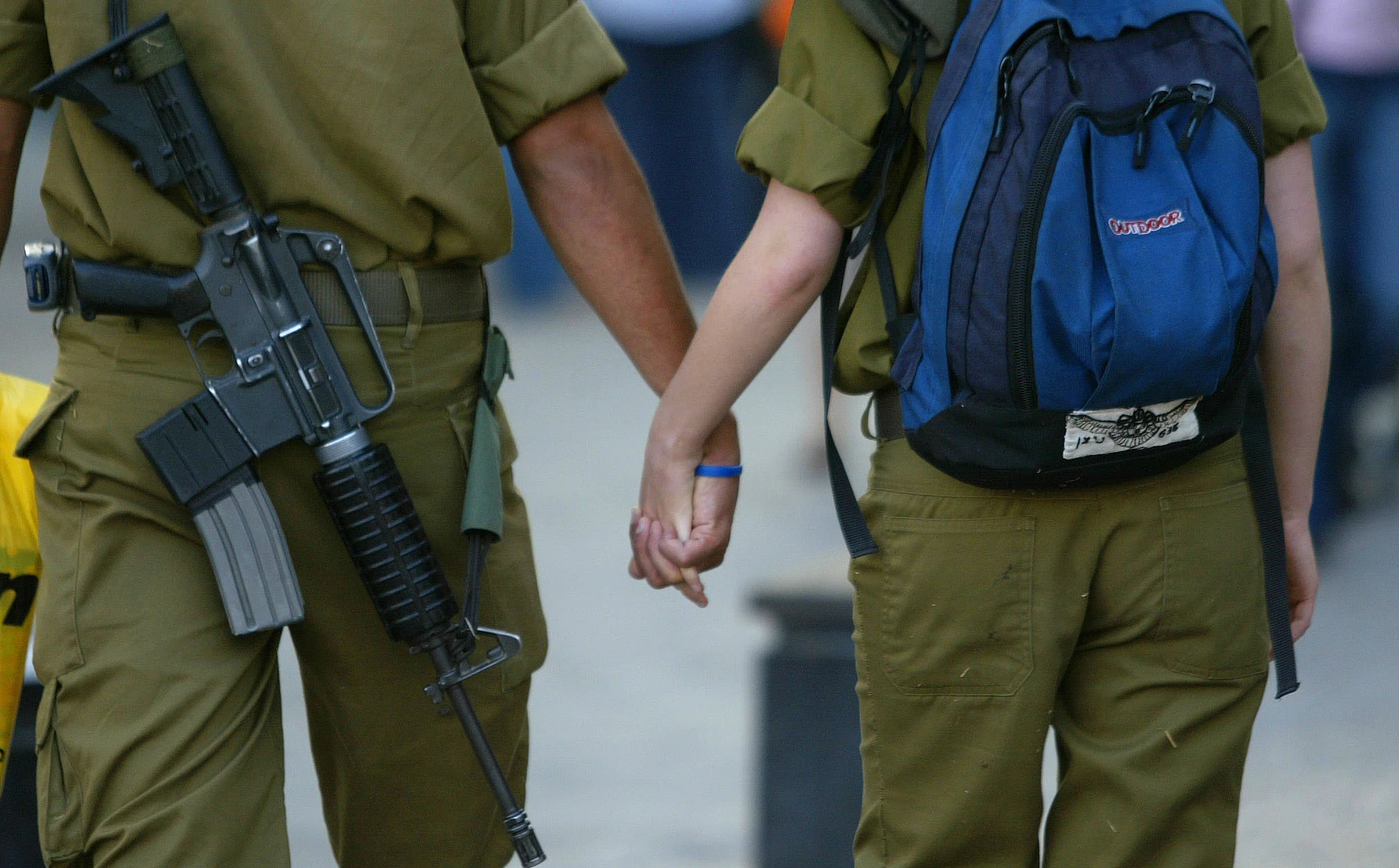Looking for Love During Wartime: "There Are No Men: They’re Either Fighting or Fallen" | Interview
As war touches every corner of Israeli life, religious singles find themselves navigating not just sirens and loss, but the slow, aching erosion of hope for love. Dr. Naomi Gromet and the Eden Center confront this silent crisis head-on, giving voice to a generation caught between trauma, duty, and the unrelenting desire to build a future.

As war rages, can love still find a place? Religious singles are facing a painful dilemma: “I don’t know if what’s happening now is a sign of unacknowledged post-trauma or if it’s normal. I can’t tell the difference,” shares a young woman. During the complexity of war, mobilization orders, and uncertainty, religious singles face heavy challenges, not only in the external battle but also in the internal struggle to build relationships and homes in Israel.
In a special interview, Dr. Naomi Gromet, director of the Eden Center for Femininity and Family, sheds light on the struggles, hopes, and resilience of singles during this period, ahead of the “Love in Wartime” conference set for June 10.

Loneliness, Stress, and War: The Challenges of Singlehood in Wartime
Post-Omer, wedding season has begun, presenting a challenging mirror for religious singles. The war has taken their dating struggles to new heights. “It’s a real blow for women in the sector. I hear from girls saying, ‘There are no men. They’re either in combat, fallen, or too overwhelmed, and there are no proposals. Who are we supposed to marry?’” Dr. Gromet recounts.
The war brings new hurdles to the dating world. “I’ve heard of couples in advanced relationships where she thought she was getting an engagement ring, but he came back from reserves saying, ‘I can’t do this right now. It’s not the right time, I’m too overwhelmed,’” she adds, describing how reserve duty can lead to breakups due to emotional processes.

“To Build a Relationship, You Need Stability”
Beyond dating challenges, the war impacts other aspects of singles’ lives. Economic and emotional instability accompanies many, who grapple with anxiety, emotional overload, and war-related trauma. “We’re all overwhelmed with stress right now,” notes Dr. Gromet. “To build a solid relationship, you need stability, to know what tomorrow holds, to not constantly think: Will there be an alert, and will I need to run to a shelter?”
Dr. Gromet explains that the war leaves people with “short fuses.” She shares an attempt at matchmaking just before Shavuot: “I called someone to propose a match. We had a nice talk, and I suggested someone for him. It was just before the holiday. Two days after Shavuot, he wrote, ‘I haven’t heard back, it doesn’t seem relevant, you’re not serious.’ I hadn’t even had a chance to speak with her.”
She explains that the pressure of singlehood and proposals pushes people to the edge, with the war increasing frustration and making every suggestion feel fateful.
In the religious sector, mobilization rates are high. Many singles are in combat or reserves, returning home emotionally overwhelmed. Sometimes, the surrounding tragedies lead to feelings of unworthiness for happiness. “I’ve heard from people who were there, saying, ‘I don’t deserve it. I saw so many good friends killed or injured; I’m not better than them,’” Gromet shares. These feelings of guilt and existential questions undermine the ability to commit to a relationship.
Dr. Gromet is concerned not only for today’s singles, aged 22–27, but also for future ones. “I’m thinking about 17-year-old girls in the same circles, who will date these same men in two or three years,” she adds, emphasizing the war’s long-term impact on the community.

Perceptions of Masculinity in Wartime
The war brings not only logistical challenges but also emotional scars. “Even those not physically injured carry scars; it takes time,” says Dr. Gromet. Many single women ask themselves, “Is this post-trauma? Can I handle it? Do I have the tools to cope?”
These questions reflect the tension between the desire to build a home and the fear of entering a relationship with someone who has experienced trauma. Women no longer automatically assume the “caretaker” role but instead question, “Is this task within my capacity? Can I have a healthy relationship with this man?”
Perceptions of masculinity are also shifting. Dr. Gromet notes challenges for non-combat soldiers who feel inferior: “I’ve heard people in the army but not in combat roles speak about themselves apologetically: ‘I didn’t really do anything, I didn’t really fight,’” she says. “But we’re all fighting for the homeland… Masculinity isn’t just about being a combat soldier; everyone has a role.”
Resilience and Hope: Building Relationships Amid Destruction
In her work, Dr. Gromet also supports couples. “There’s a 7% increase in divorce rates right now, a significant number.” While she lacks data on weddings, she notes two opposing trends: some rush to marry for meaning, while others face difficulties and breakups.
“There are people saying, ‘Let’s go, we know what’s most important in life; we need to get married, it gives meaning.’ Young couples are marrying quickly,” she says, recalling with pain Sgt. Ishai Elyakim Urbach, z"l, killed at 20, three months after his wedding. “They were so young. Many say, ‘This is our purpose, we must marry; it’s our response, building against destruction.’ But others go the opposite way.”
Supporting Singles: A Conference for Caregivers
The “Love in Wartime” conference, held by the Eden Center on June 10, aims to address these challenges. Open to the public but primarily for rabbis, matchmakers, bridal counselors, relationship advisors, and therapists, it will equip those supporting singles.
The Eden Center, led by Dr. Gromet, is committed to strengthening relationships and family in the religious community. “Our goal is to strengthen relationships, empower women and couples around health and sexuality, and improve the mikveh experience and discourse, as we see it as fundamental to building a Jewish home,” she explains. The conference seeks to highlight struggles, give voice to singles, and build a bridge to hope and growth.
“As an organization, we often focus on educating those who educate others. We work with caregivers who come with new questions constantly emerging. We saw they need a space to raise issues, gain direction, and think: How can we support today? What are the emerging issues?”
Topics at the conference will include dealing with mobilization orders, war trauma, bereavement, instability, anxiety, and emotional overload. Experts in relationships, trauma, sexuality, psychology, and rabbis like Rabbi Ohad Taharlev and Dr. Danny Brom will lead lectures, panels, and roundtables to provide practical tools and support.
A Call for Support and Hope
In these challenging times, the community is called to embrace singles, listen to their struggles, and offer support. “We need to look forward, to build the capacity for strong new relationships, not just support and fix now, but also think about the next generation and our future,” Dr. Gromet emphasizes.
The “Love in Wartime” conference is an opportunity to come together, learn, strengthen, and grow. Join, listen, and support, because building a home in Israel, even in wartime, is our collective mission.